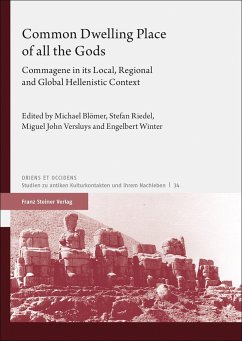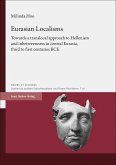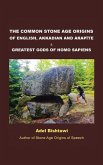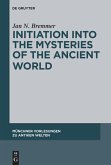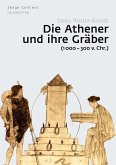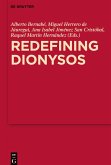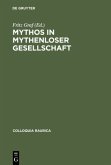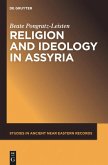The history and archaeology of Hellenistic Commagene is a rich field of study, not in the least because of the remarkable monuments and inscriptions of king Antiochos I (c. 70-36 BC). Over the last decades important new work has been done on Commagene proper, providing novel interpretations of the epigraphical and historical record or the archaeological data and individual sites, like Nemrud Dag, Samosata or Arsameia. Simultaneously scholars have tried to better understand Hellenistic Commagene by situating the region and its history in a wider Mediterranean and Near Eastern context. This long-awaited book provides a critical evaluation of all these new data and ideas on the basis of a theoretically embedded, state-of-the-art overview for the history and archaeology of Hellenistic Commagene. From this volume a new picture emerges in which Hellenistic Commagene is no longer understood as peripheral and out-of-the-ordinary, but as an important node in a global Hellenistic network, from Ai-Khanoum to Pompeii and from Alexandria to Armawir.
